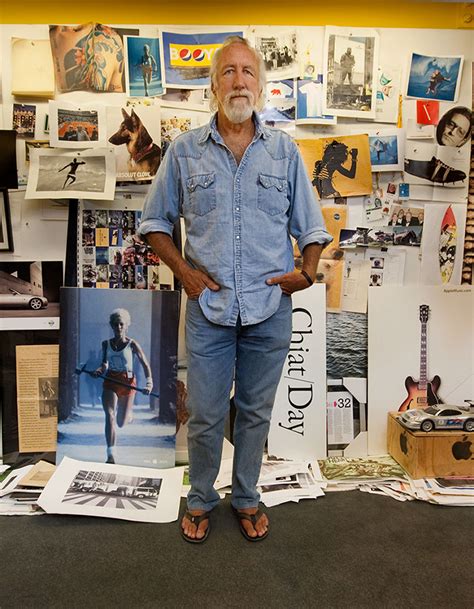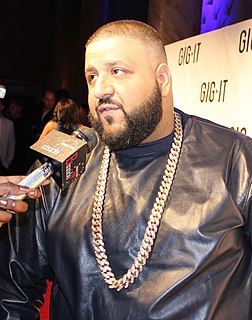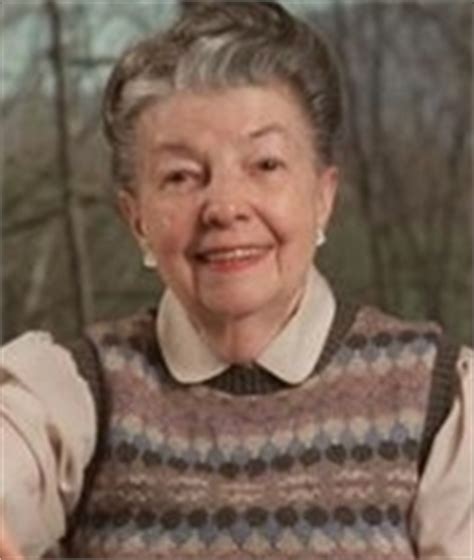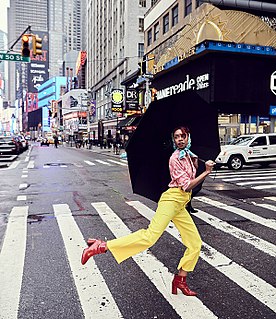A Quote by Barbara Tuchman
I have always felt like an artist when I work on a book. I see no reason why the word should always be confined to writers of fiction and poetry.
Related Quotes
I had a teacher once who said, "If you are going to write fiction, you should only read poetry." I have always been interested in the writers who care about their sentences and who really work on that level. I have always said that I hate writing, I love revision. So, the language is really important to me. And the comedy and the horror that come out of the language.
I feel like the reason I ended up becoming a playwright is because I never choose the right word. As a kid, my fantasy profession was to be a novelist. But the thing about writing prose - and maybe great prose writers don't feel this way - but I always felt it was about choosing words. I was always like, "I have to choose the perfect word." And then it would kill me, and I would choose the wrong word or I would choose too many perfect words - I wrote really purple prose.
Society takes what it wants. The artist himself does not count, because there is no actual existence for the work of art. The work of art is always based on the two poles of the onlooker and the maker, and the spark that comes from the bipolar action gives birth to something - like electricity. But the onlooker has the last word, and it is always posterity that makes the masterpiece. The artist should not concern himself with this, because it has nothing to do with him.
When I taught at the University of Houston in the Creative Writing program we required the poets to take workshops in fiction writing and we required the fiction writers to take workshops in poetry. And the reason for that is because the fiction writers seemed to need to learn how to pay greater attention to language itself, to the way that language works.
When I devoted myself to poetry - and poetry is a very serious medium - I don't think the people that knew me as an individual with that tongue-in-cheek kind of humor...well, it didn't always lend itself to my poetry. When you're writing poetry, it's like working with gold, you can't waste anything. You have to be very economical with each word you're going to select. But when you're writing fiction, you can just go on and on; you can be more playful. My editor's main task is to cut back, not ask for more.
My dad was always such a frustrated artist. He always worked very hard to support his family, doing a bunch of ridiculous jobs. He wanted to be a painter, but then he also wrote science-fiction novels in his spare time. He was always so frustrated having to work to support the family that I was like, I'm never going to do that. I don't want to just be working a menial job to support my family and dreaming of being an artist. We learn from our fathers in that way.







































